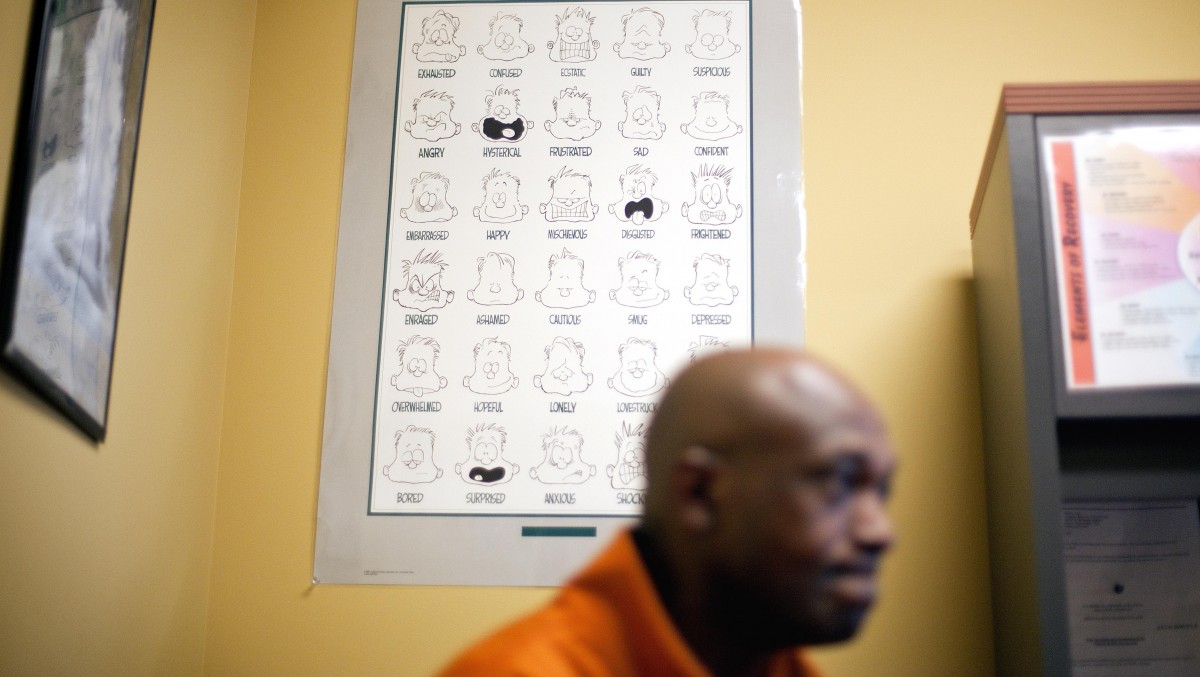
(NEW YORK) MintPress — When Marine Dakota Meyer returned from Afghanistan on Dec. 5, 2009, he faced what he found to be a strange, new civilian world.
“It’s a hard transition coming home and going from the battlefield straight back to the States,” he said in a recent interview with the Daily Beast. “It’s a hard transition, especially leaving your guys over there.”
Meyer received the Medal of Honor, the country’s highest military decoration, for his bravery in saving the lives of U.S. troops and Afghan soldiers who faced a savage ambush, known as the Battle of Ganjgal, in eastern Afghanistan on Sept. 8, 2009.
He is the only person who served in the Iraq and Afghanistan wars to receive the medal to date, and the first living Marine to do so since the Vietnam War.
Meyer detailed his difficult homecoming in his book, “Into the Fire: A Firsthand Account of the Most Extraordinary Battle in the Afghan War”, including a suicide attempt a year after the battle.
One of the biggest challenges, he said, was finding a way to use his skills as a sniper and team leader to find new work, and without a job, it is hard to think about anything other than combat.
That led Meyer to work with Toyota and the U.S. Chamber of Commerce on the new Hiring Our Heroes initiative to create a personal branding guide to help veterans translate their skills into terms that appeal to civilian employers.
New survey
With the pullout of troops from Iraq and the war winding down in Afghanistan, there will be a surge in the number of veterans facing these challenges.
New research conducted by Prudential Financial and Iraq and Afghanistan Veterans of America (IAVA) shows that 64 percent of new veterans of these wars experienced a difficult transition to civilian life. And more than two-thirds – 69 percent — of them reported “finding a job” as the greatest obstacle.
Indeed, 22 percent of the vets surveyed were unemployed, a rate that is much higher than the average of 11 percent reported by the Bureau of Labor and Statistics.
“As thousands transition home, what these men and women need most are opportunities to deploy their proven skills and leadership in the civilian work force on the home front,” said IAVA Founder and Executive Director Paul Rieckhoff.
The survey also revealed that close to half of veterans did not feel ready to transition not only due to employment but also to physical and emotional health problems as well as the need to take time to decompress after service and “figure out what’s next.”
“The military gives you this amazing sense of purpose and ownership over your job,” explained Tom Tarantino, chief policy officer for IAVA. “You give 21-year-olds responsibility for the lives of up to 30 men and women. That is profound. When you leave at 27, 28, it’s hard to not still want that.”
Reverse boot camp
Tarantino said IAVA has gotten positive feedback on the Obama administration’s new Transition Assistance Program (TAP), a mandatory five to seven day program to educate departing troops on job skills, veterans benefits and personal finances.
The White House has launched several other veterans jobs initiatives in recent months, including offering tax credits to businesses that hire vets.
Tarantino said he is hoping that future research into precisely how military specialties prepare troops for specific post-military jobs will yield a resource for civilian hiring managers, something of a cheat sheet that puts combat experience into understandable terms for those who have never served.
“With tens of thousands of Iraq and Afghanistan Veterans returning from service,” said Raymond Weeks, vice president of Veterans Initiatives at Prudential Financial, “the good news is that the nation is more focused than ever on helping Veterans transition back into civilian careers.”
There’s still a long way to go. The latest U.S. Army suicide numbers were at a record high, and the rate among new veterans is even higher than for active duty service members.
Just ask Dakota Meyer how tough it can be. “I truly believe for me it has gotten harder the longer I go on,” he revealed. “I can’t sit here and honestly tell you that time healed me.”


